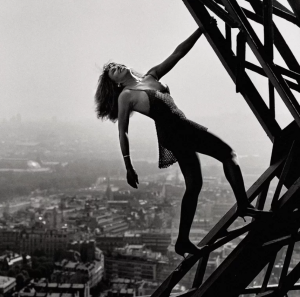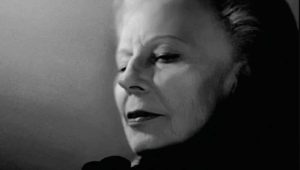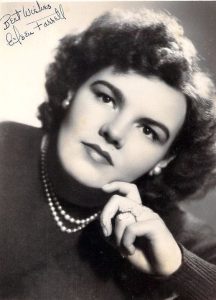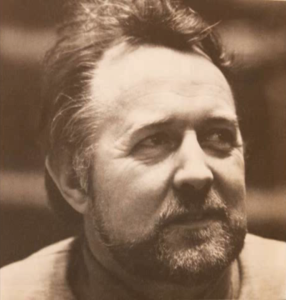Podcast: Play in new window | Download (Duration: 1:38:13 — 134.9MB) | Embed
Subscribe: Spotify | TuneIn | RSS | More
I first published this episode two and a half years ago in June 2023, in commemoration of the death of the great Tina Turner. As always when I take on such an iconic figure, I try to give a different perspective on the artist in question than one would normally encounter. For this reason, I chose to frame Tina within the context of the many other female pop artists of color who emigrated to Europe and the UK. I have devoted a lot of time, space, and research to the Black opera singers who came here, but there is an equally fascinating story to be told about the pop singers of many eras and genres, who also chose to make Europe their home. Though this episode focuses primarily on Tina and some of the less-explored material throughout her career, I seek to contextualize her by also discussing the many African American singers, from Joséphine Baker to Donna Summer to Nina Simone to Dee Dee Bridgewater, who either spent formative time in Europe or settled there permanently. Along with the aforementioned favorites, I also focus on lesser-known artists such as Beauty Milton, Vickie Henderson, and Betty Dorsey, including a brief introduction to each of four singers who will be featured in their own episodes during Black History Month: Adelaide Hall (coming on Monday!), Elisabeth Welch, Bertice Reading, and Salena Jones (who just recently celebrated her 82nd birthday). Count on Countermelody (and me!) to always bring you something a little different!
Countermelody is the podcast devoted to the glory and the power of the human voice raised in song. Singer and vocal aficionado Daniel Gundlach explores great singers of the past and present focusing in particular on those who are less well-remembered today than they should be. Daniel’s lifetime in music as a professional countertenor, pianist, vocal coach, voice teacher, and author yields an exciting array of anecdotes, impressions, and “inside stories.” At Countermelody’s core is the celebration of great singers of all stripes, their instruments, and the connection they make to the words they sing. By clicking on the following link (https://linktr.ee/CountermelodyPodcast) you can find the dedicated Countermelody website which contains additional content including artist photos and episode setlists. The link will also take you to Countermelody’s Patreon page, where you can pledge your monthly or yearly support at whatever level you can afford.




